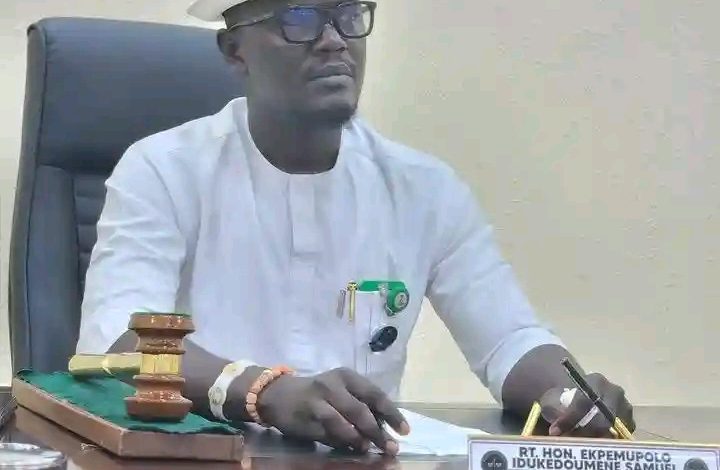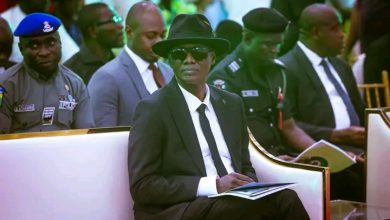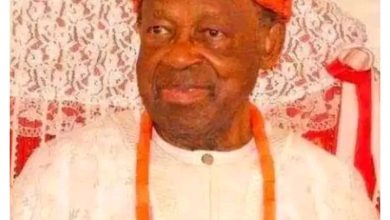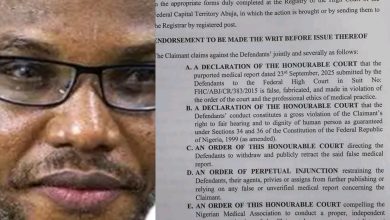Warri South-West Shakes Up Education: Lawmaker Moves to Make Ijaw, Itsekiri Mandatory in All Primary Schools

By Passman Akpos
The Leader of the Legislative Arm of Warri South-West Local Government Area (LGA), Rt. Hon. Ekpemupolo Idukedoumene Samuel, has presented a groundbreaking bill seeking the compulsory teaching of Ijaw and Itsekiri languages in all primary schools—both public and private—within the LGA.
The proposed legislation aims to preserve indigenous languages, strengthen cultural identity, and secure the educational future of children in Warri South-West.
In line with legislative protocol, Rt. Hon. Samuel stepped down temporarily as Presiding Officer during the session to allow Deputy Leader Rt. Hon. Erewa Charles to supervise the proceedings while the bill was formally introduced. Lawmakers commended the gesture as a clear show of respect for due process and legislative ethics.
According to the bill, schools situated in Ijaw communities will teach the Ijaw language, while those in Itsekiri communities will teach Itsekiri. This dual-language arrangement is designed to ensure children grow up fluent not only in English but also in their ancestral tongues—preserving age-old proverbs, stories, and cultural expressions from early childhood.
Speaking on the bill’s importance, Rt. Hon. Samuel expressed concern that many children in the LGA can no longer speak or understand their indigenous languages. He stressed that the legislation seeks to restore cultural pride, deepen unity, and promote peaceful coexistence between Ijaw and Itsekiri people.
Beyond cultural preservation, the bill is expected to create jobs for certified language teachers and resource personnel, offering both educational and economic benefits. Rt. Hon. Samuel described the proposal as “more than a bill; it is a legacy of unity, culture, empowerment, and inclusivity for Warri South-West.”
The bill is now before the House for further consideration and is widely viewed as a major step toward safeguarding the linguistic heritage and shaping the educational development of the area’s younger generation.





